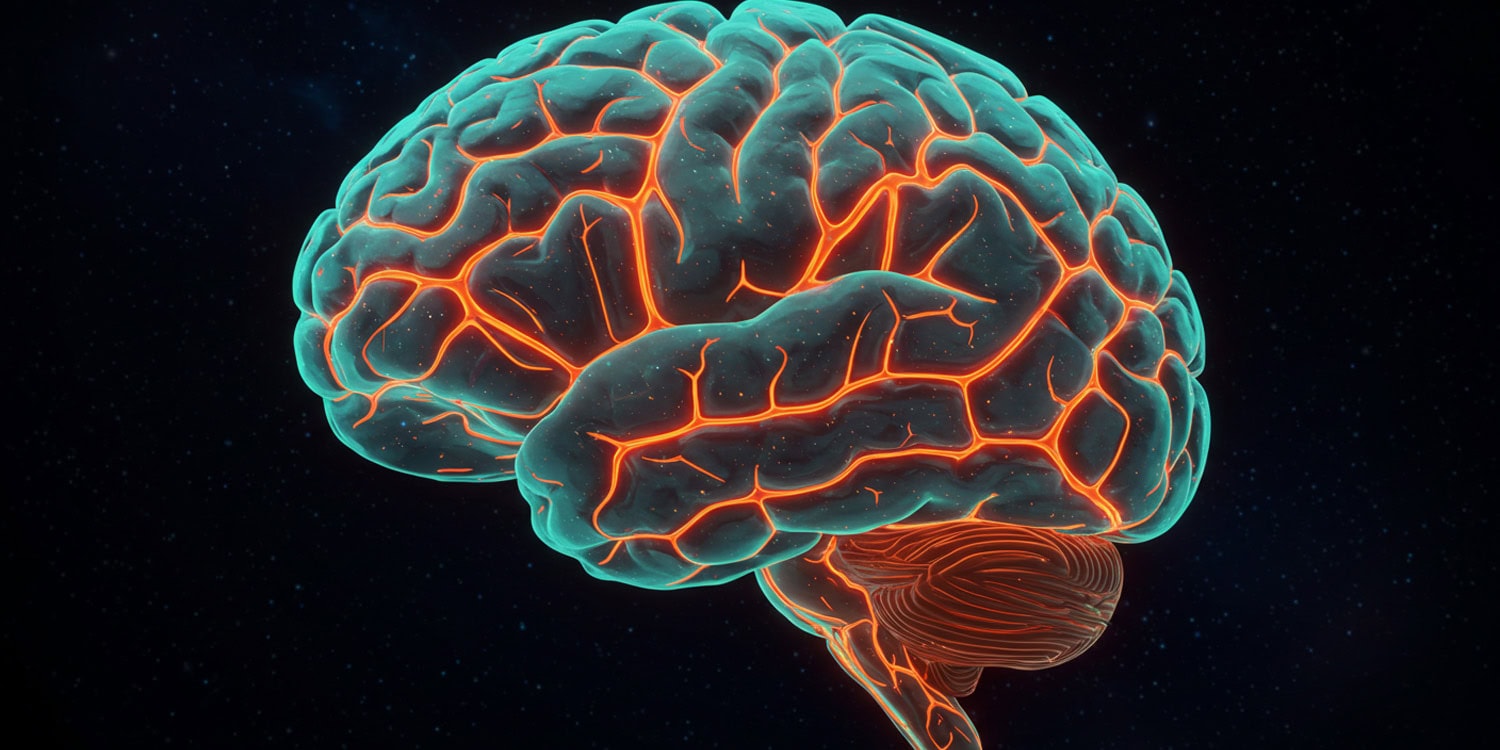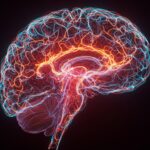A small study of adults with severe generalized anxiety disorder in Lebanon found that these individuals had a lower daily antioxidant intake. After six weeks of antioxidant supplementation, their anxiety symptoms decreased. The paper was published in Nutritional Neuroscience.
Generalized anxiety disorder is a mental health condition characterized by excessive, persistent worry and anxiety about various aspects of life, such as work, health, or relationships. In individuals with this disorder, anxiety is difficult to control and is accompanied by physical symptoms like restlessness, fatigue, muscle tension, and difficulty concentrating. Unlike situational stress, generalized anxiety disorder is chronic and can interfere with daily activities and overall well-being.
While the cause of such severe anxiety is not fully understood, studies indicate that neuroinflammation and oxidative stress play an important role in various psychiatric disorders and may also contribute to generalized anxiety disorder. Oxidative stress can be counteracted by antioxidants—molecules that help protect cells from damage caused by free radicals, which are unstable molecules that contribute to aging and diseases like cancer. Antioxidants are found in various foods, including fruits, vegetables, and nuts. Vitamins such as C and E also act as antioxidants.
Study author Lucie Rizk and her colleagues sought to evaluate the relationship between daily antioxidant intake and generalized anxiety disorder. They also wanted to explore how different types of diets, combined with antioxidant supplements, might affect the severity of the disorder.
The study had two phases. The first phase involved 155 healthy Lebanese adults between 18 and 55 years of age. Participants completed a food frequency questionnaire, reporting on their typical diet, as well as an anxiety assessment using the Generalized Anxiety Disorder 7-item scale (GAD-7). The data collected in this phase allowed the researchers to analyze the association between anxiety and dietary habits.
The second phase of the study was an antioxidant supplement intervention. The researchers selected 40 participants with severe generalized anxiety disorder from the initial study phase and divided them into two groups. One group was assigned to take an antioxidant beverage (120 ml, containing 5.6 mmol of antioxidants) daily for six weeks, while the other group did not receive any intervention. Both groups were instructed to maintain their usual diets throughout the study period without introducing new foods or making any changes to their dietary routines.
The antioxidant-rich beverage consisted of 120 ml of water, 15 grams of green tea (containing polyphenols and tannins), 3 grams of cinnamon powder (containing cinnamaldehyde and proanthocyanins), and three lemon slices (containing flavonoids and vitamin C).
Results showed that 32% of participants in the first phase of the study had elevated anxiety symptoms. These individuals tended to be younger, had lower educational levels, and were more likely to be single compared to individuals with lower levels of anxiety symptoms.
There was a moderately negative association between anxiety symptom severity and antioxidant intake. In other words, individuals with more severe anxiety symptoms tended to have a lower intake of antioxidants through their diet.
The second phase of the study found no significant difference in anxiety levels between the two groups at the beginning of the study. However, as the study progressed, anxiety symptoms in the group consuming the antioxidant beverage steadily decreased, while they remained relatively stable in the control group.
“Our data highlighted the psycho-protective effects of antioxidants for GAD [generalized anxiety disorder] in Lebanese adults. However, individuals with GAD had a lower intake of antioxidants compared to the normal healthy control group. Also, our study showed that a higher intake of antioxidants could improve GAD,” the study authors concluded.
The study contributes to the scientific understanding of the potential effects of antioxidants on human health. However, participants were likely fully aware of the intervention they were undergoing and of the researchers’ expectations, while the key outcome was self-reported. This leaves room for the Hawthorne effect to have influenced the results. In other words, it is possible that at least some participants aligned their responses with researchers’ expectations.
The paper, “Antioxidant intake and its relationship with generalized anxiety disorder among adults,” was authored by Lucie Rizk, Nour Abi Khalil, Rouba Karen Zeidan, Myriam Tabangi, Mehmet Akif Karaman, Roula Barake, and Sahar Nakhl.




